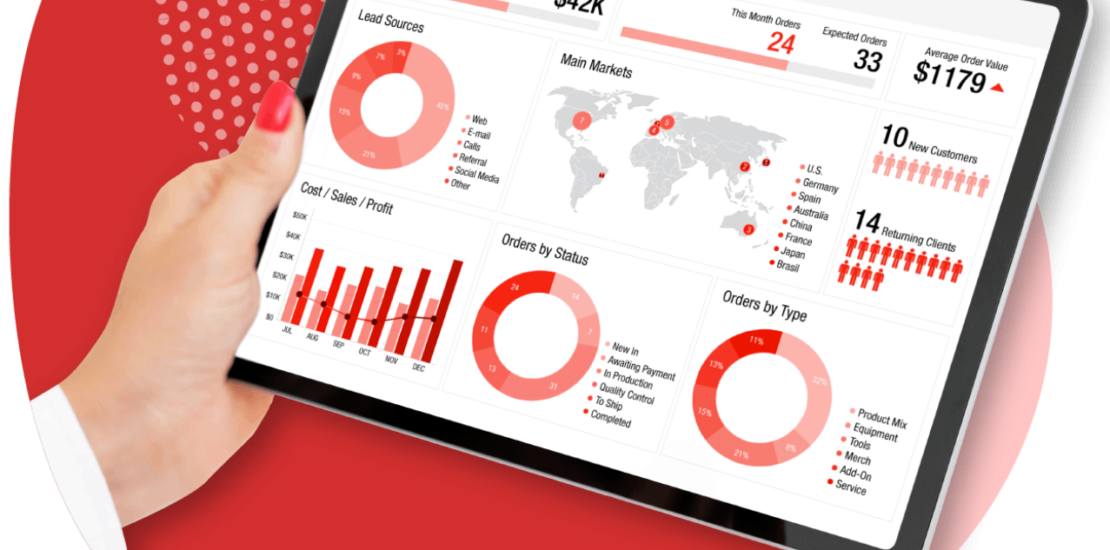CRM with LMS
- December 18, 2023
- Posted by: immensesofts
- Categories:

CRM with LMS
CRM with LMS Integration: A Comprehensive Overview
Customer Relationship Management (CRM) System: A CRM system is designed to manage a company’s interactions with current and potential customers. It uses data analysis to study large amounts of information and is used to improve business relationships, focusing on customer retention and ultimately driving sales growth. Key features include:
- Contact Management: Centralized database of customer information.
- Sales Management: Tools for managing the sales pipeline and tracking leads.
- Customer Service: Ticketing systems for customer support and case management.
- Marketing Automation: Campaign management and email marketing.
- Analytics and Reporting: Insightful data on customer behavior and business performance.
- Integration Capabilities: Ability to integrate with other software systems.
Learning Management System (LMS): An LMS is a software application for the administration, documentation, tracking, reporting, automation, and delivery of educational courses, training programs, or learning and development programs. Key features include:
- Course Management: Creation, delivery, and management of educational content.
- User Management: Enrollment, progress tracking, and user performance analysis.
- Content Management: Storage and organization of learning materials.
- Assessment and Testing: Tools for creating quizzes and exams, grading, and providing feedback.
- Communication Tools: Forums, messaging, and notifications for learner engagement.
- Analytics and Reporting: Tracking learner progress and performance metrics.
Integration of CRM with LMS: Integrating CRM with LMS creates a seamless experience for managing customer relationships and educational content. This combined system can offer significant benefits to businesses, especially those focused on customer education and training, such as B2B companies, educational institutions, and training providers.
Benefits of CRM-LMS Integration:
- Enhanced Customer Experience:
- Personalize training programs based on customer data.
- Provide tailored learning paths that align with customer needs and preferences.
- Improved Sales and Marketing:
- Use LMS data to identify potential upsell and cross-sell opportunities.
- Track the impact of training on sales performance and customer engagement.
- Streamlined Operations:
- Automate enrollment processes based on CRM data.
- Sync customer and learner data to avoid duplication and maintain consistency.
- Better Analytics and Reporting:
- Combine CRM and LMS data for comprehensive insights into customer behavior and learning outcomes.
- Generate reports that correlate training activities with sales performance and customer satisfaction.
- Increased Efficiency:
- Reduce administrative tasks by automating workflows between CRM and LMS.
- Enhance collaboration between sales, marketing, and training teams.
Key Features of an Integrated CRM-LMS System:
- Single Sign-On (SSO): Allow users to access both CRM and LMS with a single login.
- Unified Dashboard: Provide a consolidated view of customer and learner information.
- Automated Workflows: Trigger actions in the LMS based on CRM events, such as course enrollment after a purchase.
- Data Synchronization: Ensure customer data is consistently updated across both systems.
- Customized Reporting: Create reports that leverage data from both CRM and LMS to provide actionable insights.
Use Cases:
- Corporate Training:
- Train employees, partners, and customers using targeted learning programs.
- Measure the impact of training on business performance.
- Customer Onboarding:
- Provide new customers with training resources to help them get started with your product or service.
- Track progress and provide support as needed.
- Sales Enablement:
- Equip sales teams with the knowledge and skills they need to succeed.
- Monitor the effectiveness of training programs on sales outcomes.
- Compliance Training:
- Ensure customers and employees are up-to-date with industry regulations and standards.
- Track completion and certification status.
Popular CRM and LMS Integration Options:
- Salesforce with Moodle/Totara: Salesforce can be integrated with Moodle or Totara to manage training and track its impact on sales and customer satisfaction.
- HubSpot with LearnUpon: HubSpot’s CRM features can be combined with LearnUpon’s LMS to streamline customer training and engagement.
- Microsoft Dynamics 365 with Docebo: Dynamics 365 integrates with Docebo to deliver personalized training experiences and improve customer relations.
